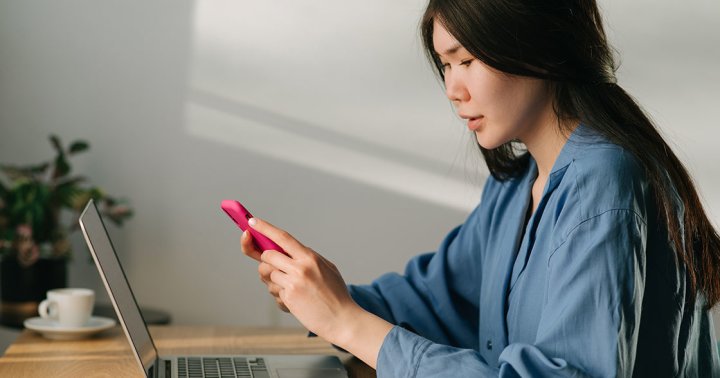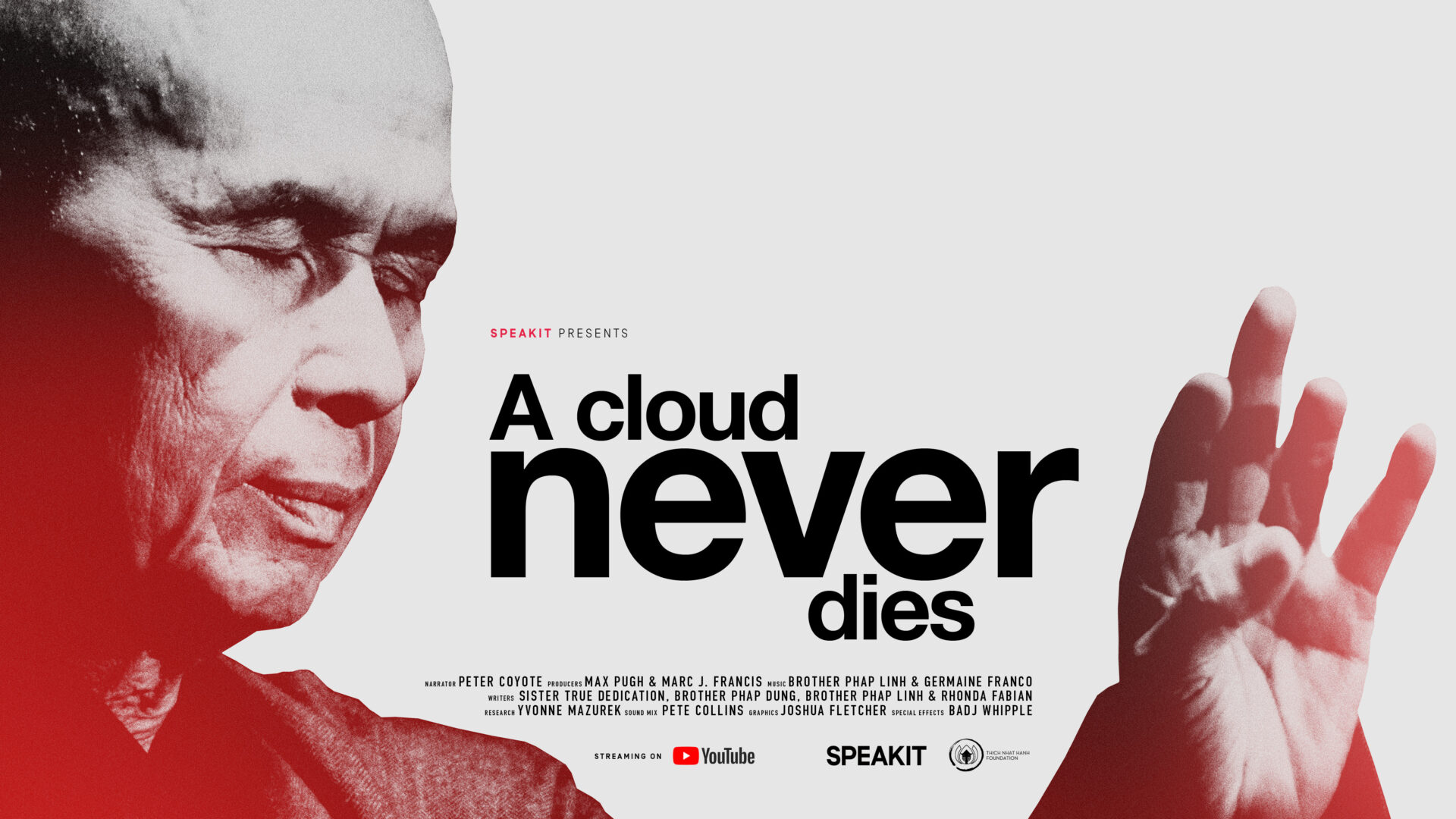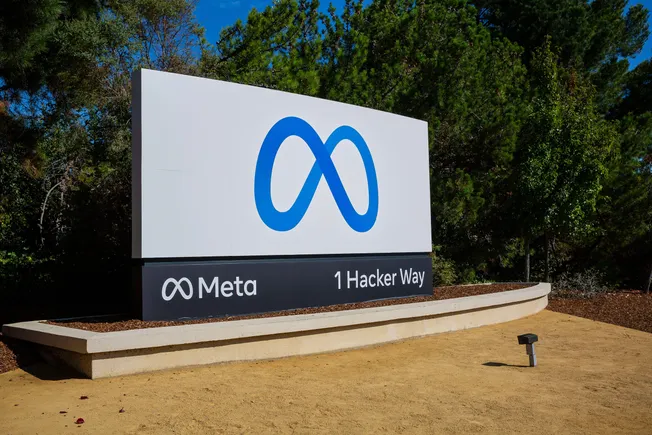How To Combat Screen Fatigue After Staring At Your Computer All Day
What are you doing to protect your eyes from excessive screen use?


I’m looking at screens for a large portion (read: most) of my day, and I wouldn’t be surprised if you are too.
Screens are a part of our daily lives—we work in front of a computer screen, use our phone screen to catch up on news and connect with friends, and then end our day watching TV on our television screens.
As crazy as it seems, it’s not at all abnormal for individuals to spend almost every waking moment of their day looking at a screen. The thing is, our eyes aren’t equipped to deal with 24/7 use of digital devices, and too much screen time can lead to an increasingly common health concern called screen fatigue.
Screen fatigue is when the muscles around our eyes get strained after long bouts of screen use without any rest. Essentially, it’s related to “eye strain”—a generic term used to describe eye discomfort, optometrist Jeffrey Anshel, O.D., FAAO, says.
“It has as many definitions as people who complain about it. Everyone seems to have their own description,” Anshel explains, adding: “If it occurs related to display viewing, it is typically described as ‘digital eye strain.’”
If you’ve ever worked a ten-hour day on the computer or binge-watched too many episodes of Stranger Things in a row, you know firsthand how staring at a screen can affect the health of your eyes, brain, and mental well-being.
“Excessive display viewing can cause poor performance (in school and work),” Anshel shares. He goes on to say that many people blame blue light for this correlation, but most of the blue light we experience throughout the day is from the sun, so blue light isn’t the main reason we should be concerned about overuse of electronic displays.
“Blue light does affect our sleep patterns, but the eye strain associated with computer viewing is more likely caused by the demands of the task exceeding the visual abilities of the person,” Anshel says.
Biologically speaking, our vision processing simply hasn’t evolved to keep up with modern screen usage.
How digital eye strain occurs.
Our eyes are constantly working to adjust their focus from one distance to another as we switch between looking at things close to us and things that are far away. The ciliary muscles control our lens, which allows us to focus our vision on any given object.
Our ciliary muscles relax when looking at objects far away and contract to focus on things close up (like screens). So, when we’re staring at our screens for too long, we’re basically keeping our eyes in a visual squat without even realizing it.
Who's most susceptible to screen fatigue?
Well, anyone who’s in front of a screen for most of their day, particularly those who work at their computers for more than a few hours a day (yikes). Improper ergonomics (i.e., suboptimal posture, sitting too close to or far from the computer screen, and viewing your screen at a suboptimal angle) can also exacerbate screen fatigue.
But work isn’t the only circumstance that can cause digital eye strain. Realistically, any amount of excessive screen time could lead to screen fatigue—including gaming, visual editing (graphic design, video, photography), playing too many games on your phone, and even watching too much television.
In short, we’d all be smart to limit our screen time and give our eyes regularly scheduled breaks from screen use.
Side effects of screen fatigue.
Concerned you may be dealing with digital eye strain? Some side effects of screen fatigue include:
5 ways to combat screen fatigue.
If you’re dealing with the effects of screen fatigue, you’re not alone. Luckily, there are quite a few things we can do to combat excessive screen use and promote vision health and longevity:
Unless you plan on living completely off grid in the woods, there’s no escaping some level of daily screen use. Luckily, we can take daily, consistent steps to combat screen fatigue and promote overall eye health.
For an easy, effective way to support vision longevity and promote digital eye strain recovery, consider a primo eye supplement like mbg’s eye health+.*
If you are pregnant, breastfeeding, or taking medications, consult with your doctor before starting a supplement routine. It is always optimal to consult with a health care provider when considering what supplements are right for you.
https://www.mindbodygreen.com/articles/screen-fatigue

 BigThink
BigThink 































